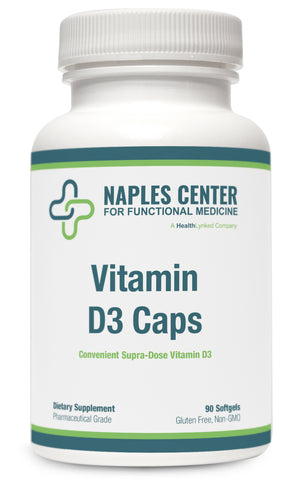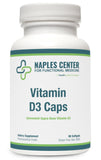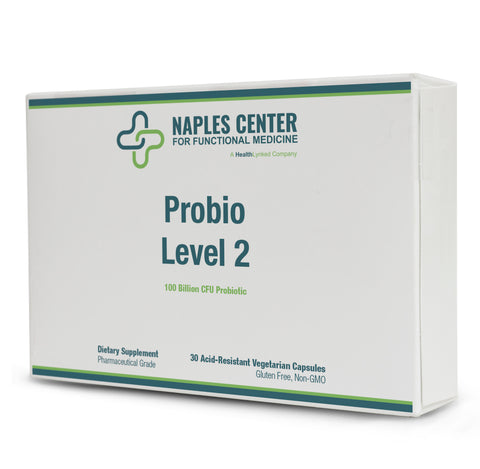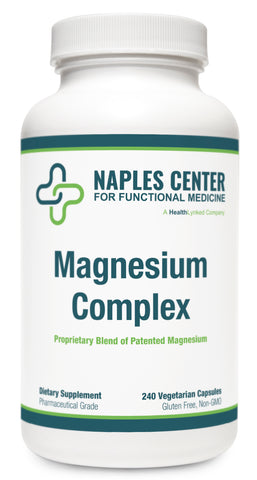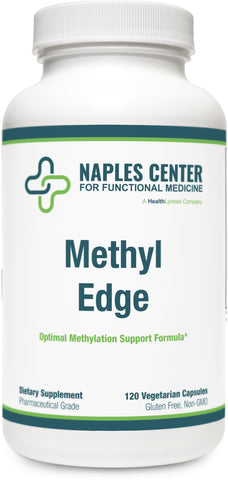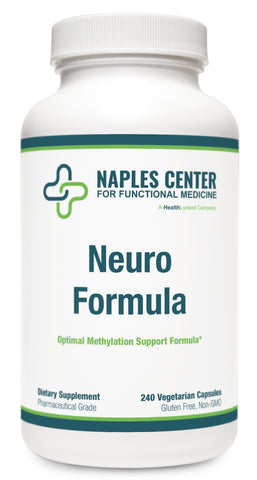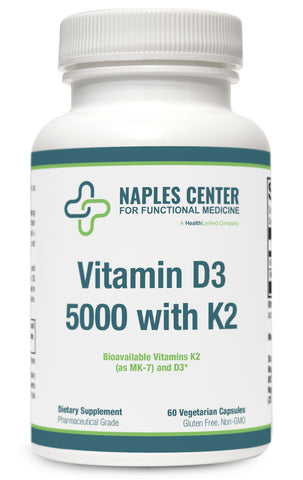Vitamin D3
90 Softgels
Applications:
Supports Bone and Dental Health*
Supports Modulation of Immune Function*
Supports Healthy Cell Differentiation*
Supports Neurologic and Cognitive Health*
Supports Musculoskeletal Comfort*
Supports Cardiovascular Health and Healthy Blood Sugar Metabolism*
Supports Vitamin D Repletion in Cases of Dietary Deficiency, Limited Sunlight Exposure, or Use of Depleting Therapies*
Directions:
Take one softgel daily, or as directed by your healthcare practitioner.
Does Not Contain: Wheat, gluten, corn, yeast, soy, dairy products, fish, shellfish, peanuts, tree nuts, egg, artificial colors, artificial sweeteners, or preservatives.

*These statements have not been evaluated by the Food and Drug Administration. This product is not intended to diagnose, treat, cure, or prevent any disease.
While the skin makes Vitamin D, many things affect the degree to which its biosynthesis occurs, including time of day, seasons, location, smog/pollution, clothing, shade of skin (darker skin requires more sun), and sunscreen use. Low-cholesterol diets and certain cholesterol therapies can also inhibit adequate vitamin D formation. By some estimates, one billion people worldwide have vitamin D deficiency or insufficiency. Reversing deficiency and maintaining optimal serum vitamin D levels beneficially impacts biochemistry and numerous body systems; this is largely because calcitriol—the metabolic product of vitamin D—is a secosteroid hormone that targets over 200 genes in a wide variety of tissues. As the research demonstrates, vitamin D is clearly imperative for the development, growth, and maintenance of a healthy body from gestation to senescence.*
Bone Health The body needs vitamin D to absorb calcium, and the importance of vitamin D in skeletal health and bone density is well established. Although bone density is most often associated with calcium intakes, insuffi cient vitamin D negatively affects calcium absorption. Without adequate absorption, the body must take calcium from its stores in the skeleton, which weakens existing bone and prevents the formation of strong, new bone. Clinical research shows that taking vitamin D orally with calcium supplements can support healthy bone turnover, and adequate calcium and vitamin D throughout life—as part of a well-balanced diet—may reduce the risk of osteoporosis.*
The Expanding Roles of Vitamin D The role of vitamin D in good health continues to expand as the knowledge of this vitamin's effects on different body systems grows. Research now suggests that optimal serum levels of vitamin D support normal cell differentiation, cardiovascular health, normal immune function, good balance, healthy mood, normal fetal development, neuronal growth and neurodevelopment, healthy glucose metabolism, musculoskeletal comfort, periodontal health, and normal intestinal immune responses. Areas of research that have gained momentum over the past several years concern the relationship of vitamin D defi ciency or insuffi ciency to changes in cellular proliferation, changes in fetal brain development, and mental health. Evidence is also mounting that vitamin D supplementation may provide key immune support.*
D2, D3, and Metabolites Cholecalciferol (D3) is the form in which vitamin D is derived in the body from cholesterol and synthesized by sunlight on the skin. Although vitamin D forms are similar biochemically, a recent study reported D3 to be approximately 87% more potent in raising and maintaining serum 25-hydroxyvitamin D (25[OH]D) concentrations and in producing two- to threefold greater storage of vitamin D than did equimolar D2 (ergocalciferol).[20] The active metabolite of vitamin D (calcitriol) is formed following two sequential hydroxylation reactions in vivo.*
Dosing Current understanding is that the physiological requirement of vitamin D may be as high as 4000 IU/day for adults. Although the Food and Nutrition Board established the tolerable upper intake level (UL) at 2000 IU/day for adults, newer research suggests that this amount is very conservative, and it appears unlikely that toxicity would occur in healthy adults with doses less than 10,000 IU/day.[21] One study in adolescents showed that 2000 IU daily for one year did not produce toxicity.*
*These statements have not been evaluated by the Food and Drug Administration. This product is not intended to diagnose, treat, cure, or prevent any disease.
We Also Recommend

